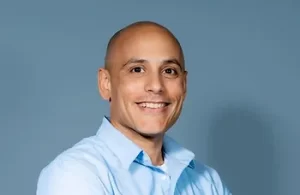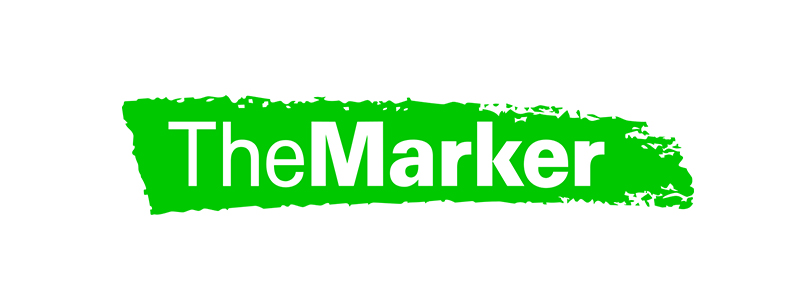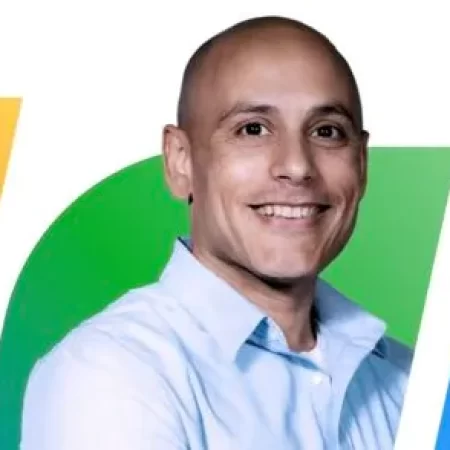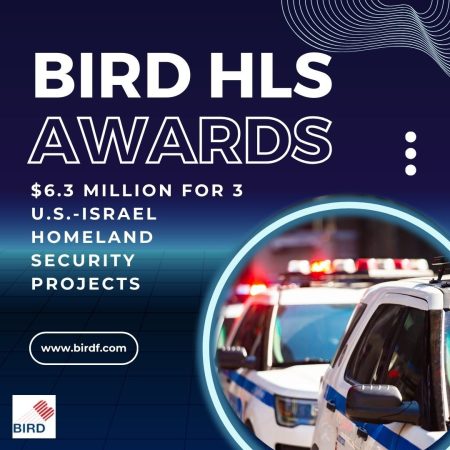No examination room, no professional tester and no physical measuring components. The application developed by former ISA interrogators makes it possible to identify fraud and deception remotely, using a mobile phone, and won its developers for its innovation from the Innovation Authority.
The application we developed enables a reliability test to identify fraud or deception remotely using only a mobile phone, with a high level of accuracy, similar to the polygraph test, which is the golden standard in the market. All this without the need for a professional and skilled examiner and without the need to connect the patient to the components of the testing device,” explains Avivit Yurkevitch, co-founder and CEO of Validit.ai. The company, which won a NIS 2 million grant from the Israel Innovation Authority, recently completed a first round of financing totaling half a million dollars, and is embarking on a second round intended to continue product and company development.
The development of the innovative product is signed by the entrepreneurs Yossi Peñias, co-founder and VP of the company, and Avivit Yurkevich – both of whom have an impressive track record from their time working in the Israel Security Agency. For 21 years, Yurkewicz worked in the ISA in polygraph investigations, operations and cyber investigations. After her retirement, she worked as a consultant to the Ministry of Defense on security clearance and employee reliability, and as a polygraph examiner in the business sector.
Avivit Yurkewicz

Cinematography: Hannah Taib
Peñias worked in the Shin Bet in a variety of investigative, intelligence, operation and reliability testing positions, in various sectors and descriptions. The two met about 15 years ago as part of the service, and have worked together over the years. Upon their retirement and after identifying a significant problem in identifying fraud and deception remotely, in an era when a lot of business activity is carried out online, the idea to develop the product emerged. Some of the enthusiastic supporters of the venture are members of the unique HiFund program, from the High Center for Business Entrepreneurship in Haifa. This is a program that connects local and international investors with leading technology companies in the city of Haifa. HiFund, part of the extensive activity of the High Center for Business Entrepreneurship, is the result of the support of the Haifa Municipality and the Haifa Economic Company. The center provides entrepreneurs and start-ups in Haifa through the unique INVENTech program with the necessary tools, including a continuum of infrastructure and content and a sequence of financing tracks, adapted to the stages of companies’ development and establishment in Haifa.
While American polygraph technology recently marked its centenary, and dominates the field of fraud detection in certain sectors, its users are aware of its many benefits, but also its shortcomings. “Our technology uses the sensor system that already exists in the mobile phone, and by means of cognitive stimulation received by the subject and measurement of physiological elements, we obtain a result that is similar in accuracy to the level of accuracy produced by the polygraph test,” explains Peñas.
Yossi PeñasCinematography: Hannah Taib

“The test only lasts about ten minutes, and by allowing the patient to have some control over the process, it reduces his resistance to the test.”
Yurkewicz adds: “We can remotely identify whether a person is telling a lie or the truth without having to invite the subject to an examination room, without the need for a professional examiner trained to do the test itself, and without having to place physical measurement components on him, such as those in a polygraph. The subject can sit on the couch in his living room and perform it on time.” It’s a user-friendly technology that doesn’t involve expensive costs, which they say makes it possible to expand its use even in cases where reliability testing wouldn’t have been considered in the past. The examination can be sent on behalf of an insurance company that is interested in verifying the claimant’s statements, or in cases of screening and placement of employees in highly sensitive positions, when suspicion of reliability arises in organizations, and more.ayvolume00:01/01:01TruvidfullScreen
Yurkewicz: “We know that the polygraph test arouses objections on the part of the subjects when it comes to placement and recruitment, partly because of the length of time it lasts, and because it is perceived as intrusive and slightly aggressive. These are elements that employers, for example, are not interested in introducing into the recruitment process, which is already not easy. In addition, we know that part of the screening process is done remotely, and employers don’t want to bother a candidate to come to a certain place at a certain time to conduct an ongoing screening. Our product also provides a solution for this – a friendly test using a questionnaire, based on artificial intelligence and physiological measurement, and carried out from anywhere, anytime.”
Reliability challenges in the business world
“After Yossi and I retired from the service, the idea started to roll, and gained momentum outside. From here we partnered and established our venture Validit.ai. One of the biggest challenges we identified during the service was accessibility, when it was essential to verify information provided by a person who was not physically present, such as information provided overseas. We quickly discovered that this challenge exists even more intensely in the business world. It may have received a significant boost from the global pandemic, which shifted much of the media online. But in the opinion of many, this reality would have existed anyway. Today, in almost every sector and in every organization, information must be verified from time to time when the physical dimension is eliminated,” Yurkewicz explains.
Peñias adds: “The test takes only about ten minutes, and by allowing the subject flexibility – to control the process to some extent – it reduces his objections to the test. When the subject finishes answering the questions, the results go directly to the customer as a report. The questionnaire is based on artificial intelligence and the questions are personally tailored to each of the subjects.”
According to them, the app provides an accuracy rate similar to that offered by the polygraph test, about 85%.
“The application replaces a familiar and scientific method, and provides a solution to all the disadvantages that exist in the polygraph test, without compromising on accuracy percentages,” emphasizes Peñias.
The app, the two say, is in the beta stage, during which pilot tests are being carried out in several significant and well-known companies in the economy, retail companies and insurance companies. Yurkewitz: “We are moving towards the next stage, which is recruiting customers who will use the system as part of their work processes, and we are marking the insurance and finance companies in the US and Europe.”
So far, Validit.ai has raised about half a million dollars. $100,000 was raised from the IN-VENTech program, with the remainder from an Israeli venture capital fund and the global network of accelerators Techstars. The company recently received a NIS 2 million grant from the Israel Innovation Authority. Yurkewicz: “What we’re doing is somewhat similar to the transition that took place from the landline to the mobile phone; In our case, this is the arena for reliability testing.”




